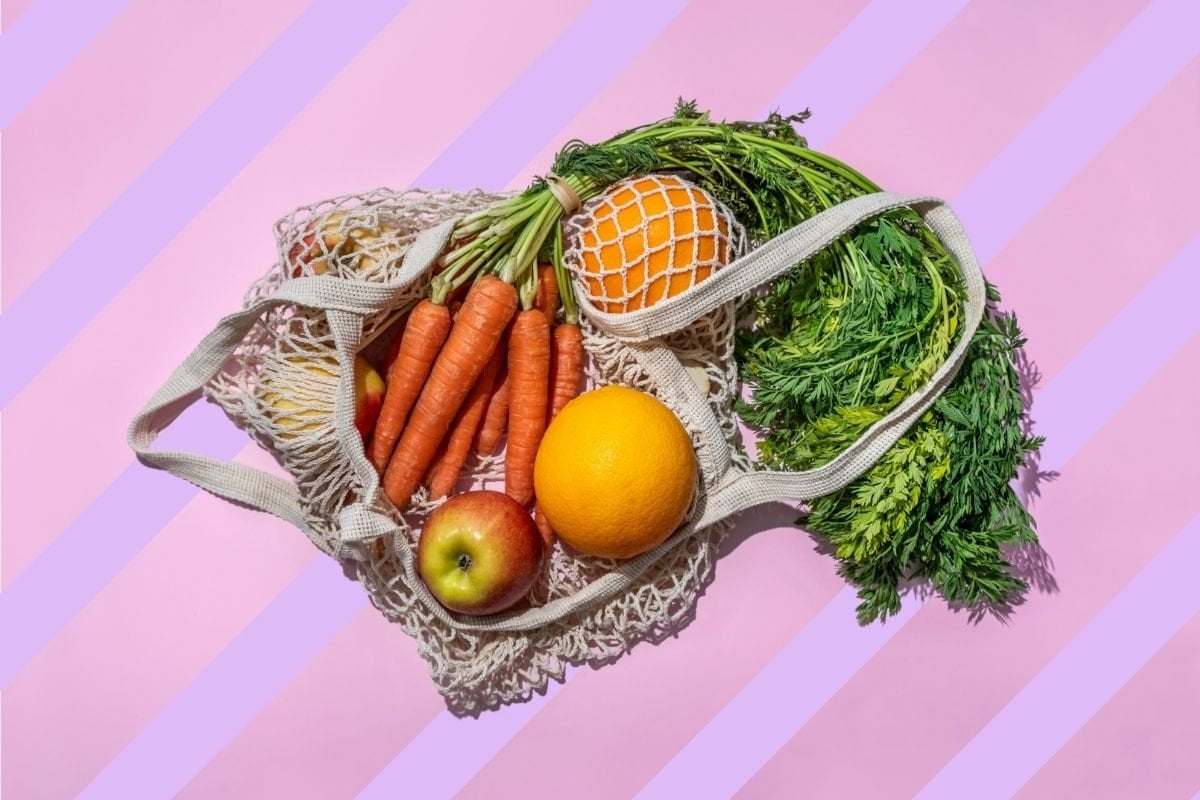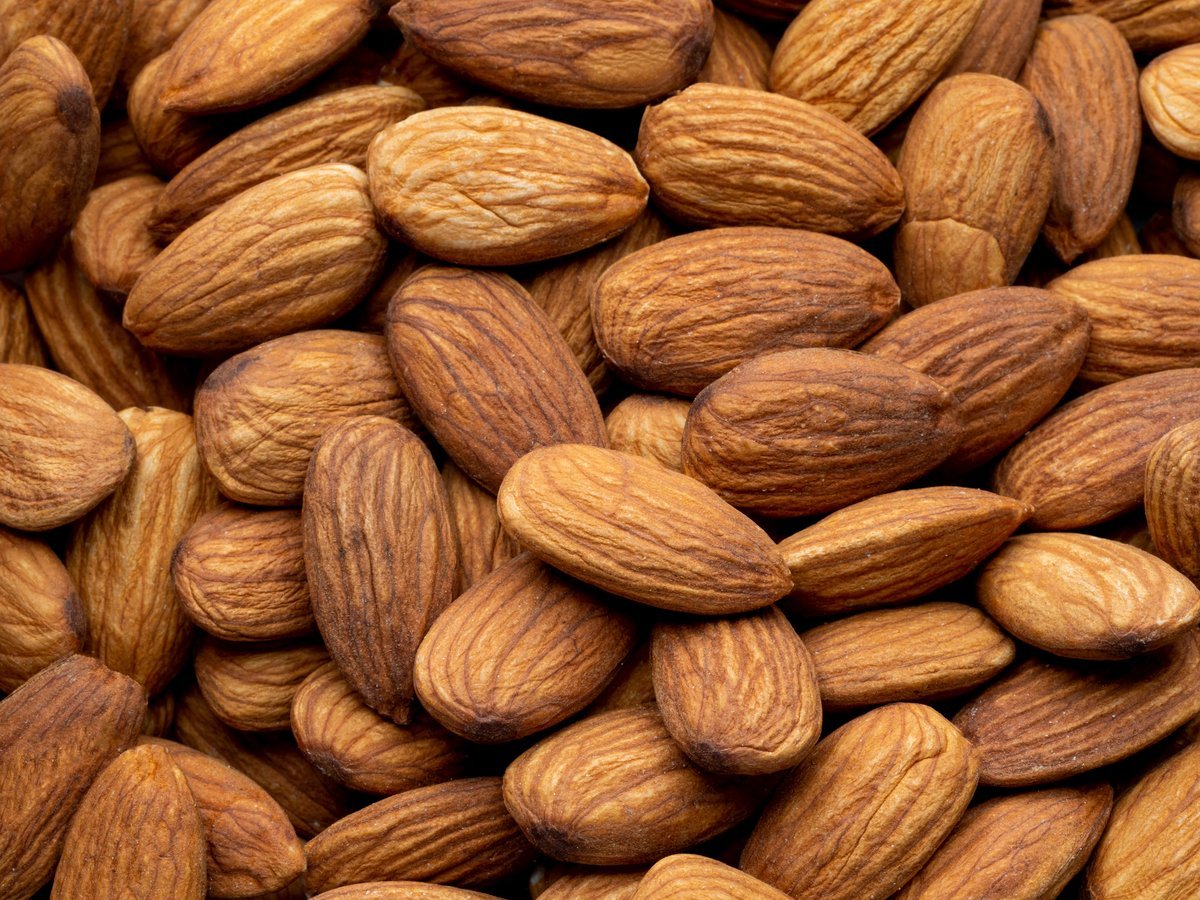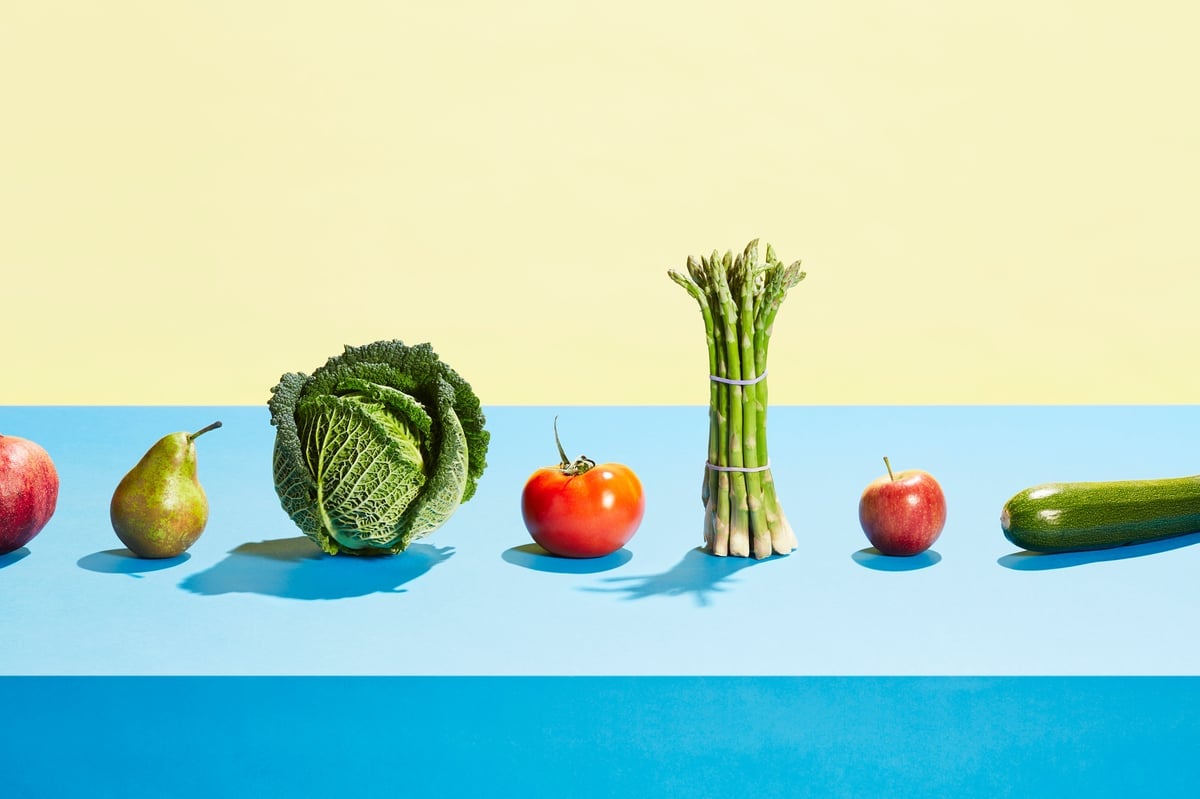
Whether you're a skincare dork or not, chances are you're familiar with the buzz around diet and skin. These days, the two terms have become intrinsically linked.
You've seen celebrities and wellness influencers on Instagram talk about their flawless skin and how 'good skin starts in the gut'. You've seen 'experts' touting the benefits of 'skin diets' to help you nab a clearer complexion. Collagen bars, glow powders, and beauty shakes are everywhere you look.
These days good skin is no longer about what you actually put on your skin, but what you put in your body.
But is there actually any truth behind this? Can you really eat your way to better skin?
Watch: Here are seven ways to improve your skin white sleeping. Post continues below.
We all know that eating a balanced diet rich in plant foods such as fruits, vegetables, whole grains and the rest of the essentials, is a very IMPORTANT thing to do - it's the foundation for good health, after all.
The problem here, though, is that buzz words, trends and products are now being used to frame certain food groups into two specific categories. Foods that are 'good' and a cure-all for skin issues, and those that are classified as 'bad'.


